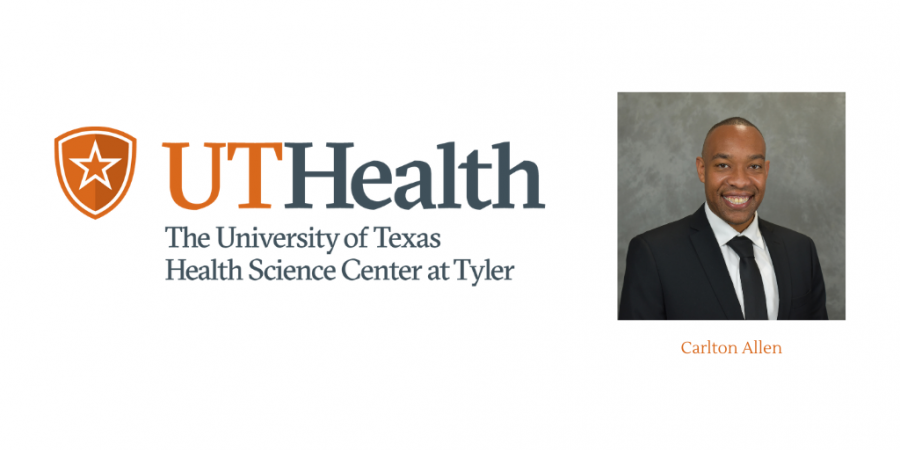Preventive care consists of measures taken for disease prevention. It is the most important step you can take to manage your health. Many of the highest risk factors leading to illness and early death are preventable. Examples of preventive healthcare include cancer screening, vaccinations, healthy eating and not smoking.
The opportunity to be healthy is not afforded to everyone, especially in communities of color, where chronic diseases occur at higher rates and severity. Language barriers, lack of insurance, mistrust, low health literacy and culture have been shown to impact the acceptance and use of preventive services in minority populations, especially those with low socioeconomic status. Racial and ethnic minorities, particularly African Americans, have higher death rates from breast cancer, cervical cancer and colorectal cancer, which can be avoided if detected early.
Inclusion and equality are critical to reducing health disparities by race and ethnicity. Minimizing the lost time from work is essential for disadvantaged patients that are unable to access care after normal work hours. The University of Texas Health Science Center at Tyler offers colon cancer screening programs that include fecal immunochemical testing (FIT) by mail. These screenings are appropriate for these patients since they can complete the testing on their own time.
Community resources are an important part of prevention that can assist in addressing barriers to healthcare in minority populations. Patient navigators and community health workers (CHWs) can improve outcomes in underserved populations through advocacy and facilitating improved preventive healthcare access.
UT Health East Texas and UT Health Science Center at Tyler offer programs and grants that provide services to underserved communities in East Texas. For more information, visit our website at www.uthct.edu/regional-health-resources.
About the Author: Carlton Allen, program director at The University of Texas Health Science Center at Tyler holds a Bachelor of Science in Health Professions from Grand Valley State University and a Master of Science in Health Sciences from the University of Texas at Tyler.
He currently is a Certified Community Health Worker (CHW) and has his Certified Health Education Specialist (CHES) certificate. He is the Healthcare council chair for the East Texas Human Needs Network and currently is a member of their board. He is also a member of the American Cancer Society (ACS) Volunteer Leadership Council (VLC) of Smith County, currently servicing as the president. Mr. Allen was a member of the Susan G. Komen Greater Central & East Texas Junior Executive Board, most recently joining their newly formed Komen Leadership Council (KLC). Mr. Allen comes with experience in community health promotion and cancer prevention. His healthcare philosophy is to provide an equitable level of care to all patients through community education, wellness and prevention, and planning.

